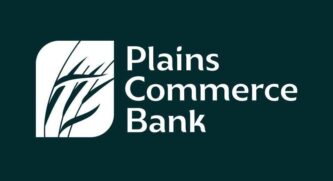Smart Banking: 8 Reasons Why You Should Switch to e-Statements
Take your online banking to the next level with e-Statements. These electronic documents replace and improve your paper statements with added convenience and security benefits—which means less worry for you.




